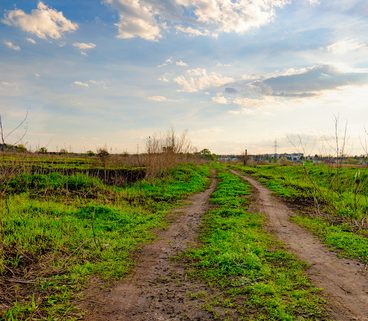The Last Mile for Learning

You just finished your exciting learning workshop, the walls are plastered with carefully completed templates, there is a stack of A3 sheets from group work, a pile of cards that captured individual reflections to salient questions, e-templates were filled in. Learning was captured, key messages identified, ideas prioritized. Lots of learning and exchange filled the hours of the workshop, the artefacts demonstrate this and they are in your hands…
The question now is, what can you do with it?
Well, you can type it all up and create a final report from the Learning Workshop, which is sent around to all the participants.
That particular artefact is probably a good thing to archive and will no doubt tick a box for the donor and partners. But that report might never be looked at again. Here is where I think the “Last Mile” concept is interesting.
In circles of health supplies (reproductive or other), the Last Mile is the distance between the easier to reach intermediaries and the people in the rural village or remote-from-you elsewhere that need to have access to and use the product. The Last Mile is also shorthand for the amount of effort it takes to take that final step.
How to reach the Last Mile is a huge conversation in these communities, getting their commodities into the hands of those who need them most and are far from the source. They share their good practice and look actively at the practices of the private sector for learning about this – how to get that can of soft drink, or parcel, into the hands of the final consumer, through their supply chains.
What might this mean for your learning workshops – what is our last mile in learning? (I ask as one who often designs and facilitates these regularly.)
Start with Transformation
I think the last mile in learning starts with transformation – transforming this learning into “reusable learning” products and getting these into the hands of the people who can use them, and potentially make time-saving or money-saving changes or other considerable improvements in their practice. How to do something better? How to make the right choice? How to create efficiencies? Etc.
There is an important step here that cannot be underestimated – that’s transforming the information and learning that is captured at the workshop (or conference, or meeting, etc.) into something useful. Crystalizing the real messages and considering how and who might use them.
This should be done through the design of the learning workshop – making decisions about what you want to learn (these decisions undoubtedly came long before). You should also include in your design, sessions that help the group identify or confirm who might be able to use the learning and in what format. Ask yourself and the group: What kind of Reusable Learning Objects (RLOs) can be produced?
Here is a very short list of possibilities, there are so many more:
- Checklists
- Explainer video
- Quiz cards/flash cards
- How to Guides
- Fact Sheets (credit card sized)
- Video perspectives library
- Social media campaign
- Curriculum for a training course
- Special materials (like a Parachuted presenters promise)
What else have you seen or can you think of? There are so many creative ways to transform and re-use learning.
I’ve designed some workshops, or sessions within them, precisely to do one of the above – thus using the group for the distillation process (making checklists, designing the curriculum, taking the short video perspectives, etc.) Other RLOs take more time, like the Explainer videos and the How To Guides.
Then you need to actively structure your RLO delivery to the end users, at the end of that Last Mile, who weren’t necessarily in your workshop. These are the very ones who would probably never receive, look at, or want to use, your workshop report. And (let’s be honest) many of the workshop participants might not either!
Think about your Last Mile in Learning, and how to take your great learning nuggets and transform them into something that can be used and reused. And maybe there are partners with distribution systems already in place that can help you along the way?




Leave a Reply
Want to join the discussion?Feel free to contribute!